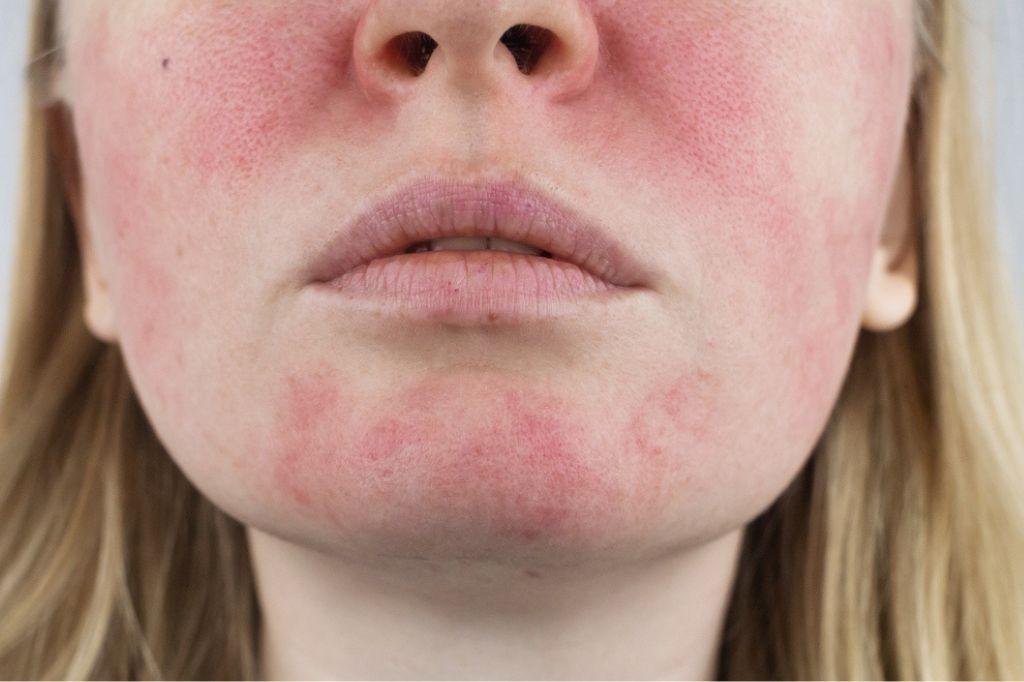Psoriasis 101: What Causes Psoriasis & The Symptoms Of Psoriasis
According to the National Psoriasis Foundation (NPF), it’s estimated that around 7.5 million Americans have psoriasis. Since psoriasis is one of the most common autoimmune disease in the U.S., we wanted to take the opportunity to educate and dismiss myths or assumptions associated with psoriasis and how it affects patients both physically and psychologically. Below, we’ll discuss the ins and outs of psoriasis and answer the questions: “what is psoriasis”, “what causes psoriasis”, “what are the different types of psoriasis”, and “how to treat psoriasis”.
What is psoriasis?
Psoriasis is characterized by scaly patches on the skin that are sometimes silvery or red and can be itchy and painful. These patches are more prevalent on certain areas of the body, including elbows, knees, and scalp. The patches may come and go and can be triggered by external factors such as stress and diet. Plaque psoriasis is the most common type of psoriasis, affecting nearly 80% of the people with psoriasis.
What causes psoriasis?
Psoriasis is a chronic autoimmune disease that appears on the skin, meaning that your immune system attacks your body instead of protecting it. This attack causes the body to create new skin cells more often than normal, causing that extra skin to create the patches you see on your body. One common misconception about the disease is that psoriasis is transmissible; however, psoriasis is not contagious—you cannot “catch” psoriasis from another person.
Types of Psoriasis
As mentioned, the most common form of psoriasis is plaque psoriasis, however the disease also comes in other forms, and it’s possible to suffer from more than one type of psoriasis at the same time. There are five official types of psoriasis:
- Plaque
- Guttate
- Inverse
- Pustular
- Erythrodermic
People with psoriasis can also easily develop psoriatic arthritis, which is a debilitating disorder causing joint pain, stiffness and swelling. The pain can affect any part of your body, and range from mild to severe.
Symptoms of Psoriasis
For many people, there are both physical and psychological symptoms associated with psoriasis. The most common physical symptoms of psoriasis include itchy and red patches of skin, scaly and sometimes silvery patches, joint swelling, or pain associated with psoriatic arthritis. Psoriasis can also cause psychological symptoms or implications including stress, anxiety, and low self-esteem. Depression is also common with people who have psoriasis.
Treating Psoriasis
The good news is that the frustrating and uncomfortable symptoms of psoriasis can be treated. Many forms of psoriasis can be easily treated with topical creams or prescription medications. Your doctor may also work to identify and treat your personal psoriasis triggers, including stress or lack of sleep.
Your psoriasis does not have to define you. Finding a psoriasis doctor who can treat your symptoms could make all the difference. Call our specialized dermatologists at Academic Alliance in Dermatology to discuss your options today!




